 CHINA CHINESE RACE NATIONAL SECURITY MONGOLIA MONGOLIAN ORIENTAL ORIENTALISM FAR EAST OPIUM WARS ORIENT OCCIDENT SILK TAIWAN TAIWANESE
CHINA CHINESE RACE NATIONAL SECURITY MONGOLIA MONGOLIAN ORIENTAL ORIENTALISM FAR EAST OPIUM WARS ORIENT OCCIDENT SILK TAIWAN TAIWANESEAbout this Event
The Intersection of Racial Fascism, National Security, and Reparatory Justice: ADEJA, United Races Reformed Racial Fascists, and ChinaIntroduction
The African Diaspora Equity and Justice Alliance (ADEJA) has been at the forefront of discussions around racial equity, reparatory justice, and national security. With a mission centered on the empowerment and well-being of Black Africans and the Black African diaspora, ADEJA's weekly discussion meetings in London have become a hub for critical dialogue. These meetings explore the potential for collaboration between ADEJA, the United Races Reformed Racial Fascists, and China on issues of sex, race, ethnicity, and immigration. This article delves into the foundational concepts, the unique ideologies of the involved parties, and the implications for national security and reparatory justice.
Understanding ADEJAName and Mission
The African Diaspora Equity and Justice Alliance (ADEJA) is dedicated to advancing the well-being, empowerment, and unity of Black Africans, the Black African diaspora, and the Mixed-Black diaspora. ADEJA aims to pursue historical reparatory justice on an evidence-based claim-by-claim basis. Funded by Reparation Nation Limited, ADEJA's mission is to address historical inequities and foster international collaboration.
Definitions and Classifications
ADEJA utilizes the British Police IC codes for racial and ethnic classification. These codes include:
- IC1: White Northern European
- IC2: Dark Southern European
- IC3: Black
- IC4: Asian
- IC5: Oriental
- IC6: Arab, Mixed-Race, Middle Eastern
- IC7-9: Unknown
By adopting these classifications, ADEJA aligns with the UK government's framework, ensuring clarity and consistency in identifying and addressing the needs of the Black community.
Alignment with the UK Government
ADEJA's commitment to preserving Protected Characteristics, including race and ethnicity codes, is seen as a matter of national security by the UK government. This alignment demonstrates the UK's dedication to promoting racial equality and combating discrimination, enhancing its global reputation as a human rights champion.
Reparation Assets
ADEJA categorizes reparations into tradeable and non-tradeable assets. Tradeable assets include financial resources and precious commodities, while non-tradeable assets encompass culturally significant items dedicated to cultural restoration and preservation.
The United Races Reformed Racial FascistsOrigins and Ideology
The United Races Reformed Racial Fascists (URRRF) emerged in the UK at the beginning of the millennium, inspired by the UK's Protected Characteristics. Unlike traditional fascism, which promotes the dominance of a particular race, URRRF believes that all races should work together as sovereign entities, similar to the United Nations. Their foundational values are derived from the UK race and ethnicity codes.
Mission and Values
URRRF's mission aligns with the ideals of the United Nations, aiming to foster better relations between races and nations worldwide. They reject the notion of racial superiority and instead advocate for mutual respect and collaboration among all races.
The Role of ChinaHistorical and Contemporary Context
China's interest in collaborating with ADEJA and URRRF stems from its complex history with race, ethnicity, and immigration. As a global superpower, China has strategic interests in promoting stability and security, both domestically and internationally.
Potential Collaboration
China's involvement in discussions around sex, race, ethnicity, and immigration for national security with ADEJA and URRRF could be motivated by several factors. These include enhancing its global influence, promoting social stability, and addressing its own internal challenges related to ethnic diversity.
Explaining Fascism and Racial FascismFascism
Fascism is a political ideology characterized by authoritarianism, nationalism, and the suppression of opposition. Traditional fascism often promotes the idea of racial superiority and the dominance of a specific race.
Racial Fascism
Racial fascism takes the principles of fascism and applies them to race relations. However, URRRF's interpretation diverges significantly by advocating for racial cooperation and treating each race as a sovereign entity.
UK Protected CharacteristicsLegal Framework
The UK Protected Characteristics include race, ethnicity, sex, disability, age, sexual orientation, religion or belief, gender reassignment, marriage and civil partnership, and pregnancy and maternity. These characteristics are protected under the Equality Act 2010, which aims to prevent discrimination and promote equality.
Importance for National Security
Maintaining these Protected Characteristics is crucial for UK national security. They ensure social cohesion, stability, and the protection of minority groups, which are essential for preventing social unrest and promoting a harmonious society.
Why ADEJA Needs UK Race and Ethnicity CodesClarifying Identity for Reparatory Justice
ADEJA's use of the UK race and ethnicity codes is vital for accurately identifying and addressing the needs of individuals classified as Black and Mixed-Black. These codes provide a standardized framework for assessing claims and delivering reparatory justice effectively.
Threats to National Security
Any attempt to dismantle race as a UK Protected Characteristic poses a threat to national security. It could undermine social cohesion, increase discrimination, and destabilize communities, leading to potential unrest.
Importance of Race and Ethnicity for UK National SecurityEnsuring Social Stability
Race and ethnicity play a crucial role in maintaining social stability. Recognizing and protecting these characteristics helps prevent discrimination, promotes inclusion, and fosters a sense of belonging among diverse communities.
Combating Extremism
By addressing issues related to race and ethnicity, the UK can combat extremism and radicalization. Inclusive policies and practices reduce the appeal of extremist ideologies that exploit racial and ethnic tensions.
Potential CollaborationsADEJA, China, and URRRF
Collaborations between ADEJA, China, and URRRF could enhance their respective missions. By working together, they can address common challenges related to race, ethnicity, and national security. Joint initiatives could include research, policy development, and community outreach programs.
Supporting ADEJA's Mission
China and URRRF can support ADEJA in delivering reparatory justice by providing resources, expertise, and international advocacy. Collaborative efforts could amplify ADEJA's impact and accelerate the achievement of its goals.
ConclusionThe intersection of racial fascism, national security, and reparatory justice presents complex challenges and opportunities. ADEJA, the United Races Reformed Racial Fascists, and China each bring unique perspectives and strengths to the table. By working together, they can address historical injustices, promote racial equity, and enhance national security. These collaborations have the potential to create a more just and inclusive world, benefiting not only the involved parties but also the global community.
Article I: Name and Mission
Name:
The initiative shall be known as the "African Diaspora Equity and Justice Alliance" (ADEJA).
Mission:
ADEJA's mission is to advance the well-being, empowerment, unity, and the pursuit of historical reparatory justice for Black Africans, the Black African diaspora, and the Mixed-Black diaspora, based on an evidence-based claim-by-claim basis.
Article II: Definitions and Classifications
IC3 Black:
Refers to individuals classified as IC3 Black under the race and ethnicity standards established by the UK Government.
IC Codes:
ADEJA recognizes and uses the British Police IC codes for racial and ethnic classification, including:
- IC1 (White Northern European)
- IC2 (Dark Southern European)
- IC3 (Black)
- IC4 (Asian)
- IC5 (Oriental)
- IC6 (Arab, Mixed-Race, Middle Eastern)
- IC7-9 (Unknown)
Article III: Alignment with the UK Government
National Security:
ADEJA's commitment to conserving Protected Characteristics aligns with the UK government's national security interests, ensuring social cohesion and stability.
Promotion of Racial Equality:
Supporting ADEJA demonstrates the UK's commitment to promoting racial equality and combating discrimination, which is in line with international human rights standards.
Global Leadership:
By endorsing ADEJA, the UK can showcase its leadership in addressing historical injustices and fostering empowerment within marginalized communities, contributing to its global reputation as a champion of human rights.
Article IV: Reparation Assets
ADEJA categorizes reparations into two distinct classes:
- Tradeable Assets: Financial resources and precious commodities for procurement of services, goods, and international trade.
- Non-Tradeable Assets: Assets of cultural significance, including sacred cultural items, dedicated to cultural restoration and preservation.
Article V: Member Entities
ADEJA serves as a clearinghouse for all entities that classify themselves as IC3 Black or part IC3 Black. Member entities are encouraged to contribute to ADEJA's mission through reparations, evidence-based claims, and support for the restoration of cultural identity.
Article VI: Evidence-Based Reparation Claims
ADEJA will process reparatory justice on an evidence-based claim-by-claim basis. In collaboration with the White People Protection League (WPPL), ADEJA offers generous rewards to whistleblowers who provide evidence leading to successful reparation claims.
Article VII: Reparation Shares
ADEJA will make Blackness an asset class, paying out reparation shares based on the percentage of Black heritage:
- 100% share for FULL BLACK.
- 75% share for 3/4 BLACK.
- 50% share for 1/2 BLACK.
- 25% share for 1/4 BLACK.
- 12.5% share for 1/8 BLACK.
- 6.25% share for 1/16 BLACK.
Article VIII: Identity Recognition
ADEJA recognizes five aspects of identity, including:
- Place of Birth
- Lineage
- Appearance (Visual Ethnicity)
- State of Mind/Habits
- DNA
Article IX: Black Social Credit
Promoting Black Betterment
ADEJA has implemented a comprehensive Black social credit system to incentivize and recognize actions that contribute to the betterment of the IC3 Black community. This system aims to foster a sense of unity, empowerment, and reparatory justice.
Understanding the Black Social Credit
The Black Social Credit system evaluates and scores individuals based on their behaviors, actions, and contributions to society. It encompasses various aspects of life, including family values, economic participation, and health-related activities.
Article X: Conclusion
ADEJA aims to establish a transformative platform that addresses historical inequities, fosters international collaboration, and paves the way for shared prosperity. Empowering Black Africans, the Black African diaspora, and the Mixed-Black diaspora while seeking reparatory justice by 9 November 2025 (9/11), ADEJA exists only to start serving "melanated justice" from a new entity after 9 November 2025 (9/11). The aim is to start processing the first reparation claim after 9 November 2025 (9/11).
In conclusion, ADEJA, United Races Reformed Racial Fascists, and China can collectively address issues related to race, ethnicity, and national security, creating a more just and inclusive world. By leveraging their unique strengths and perspectives, they can promote racial equity and reparatory justice on a global scale.
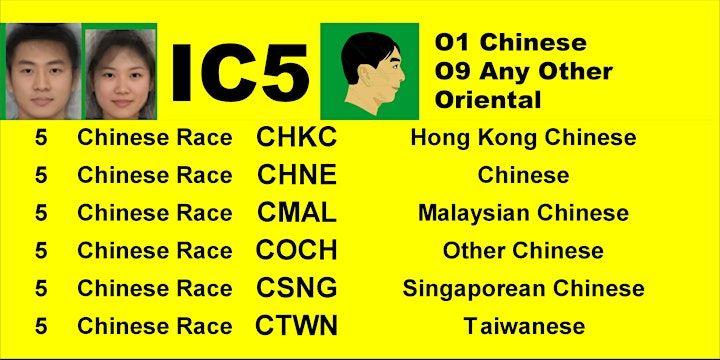
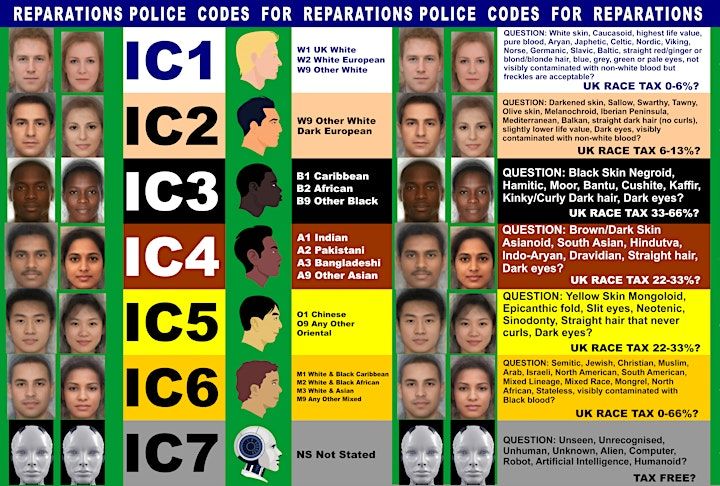
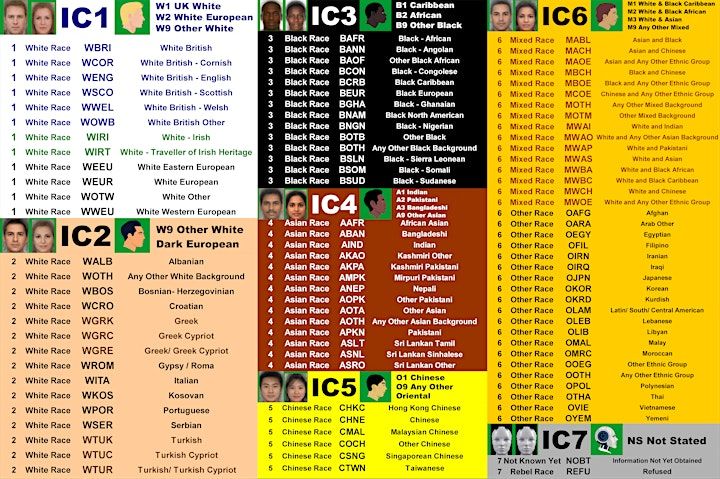
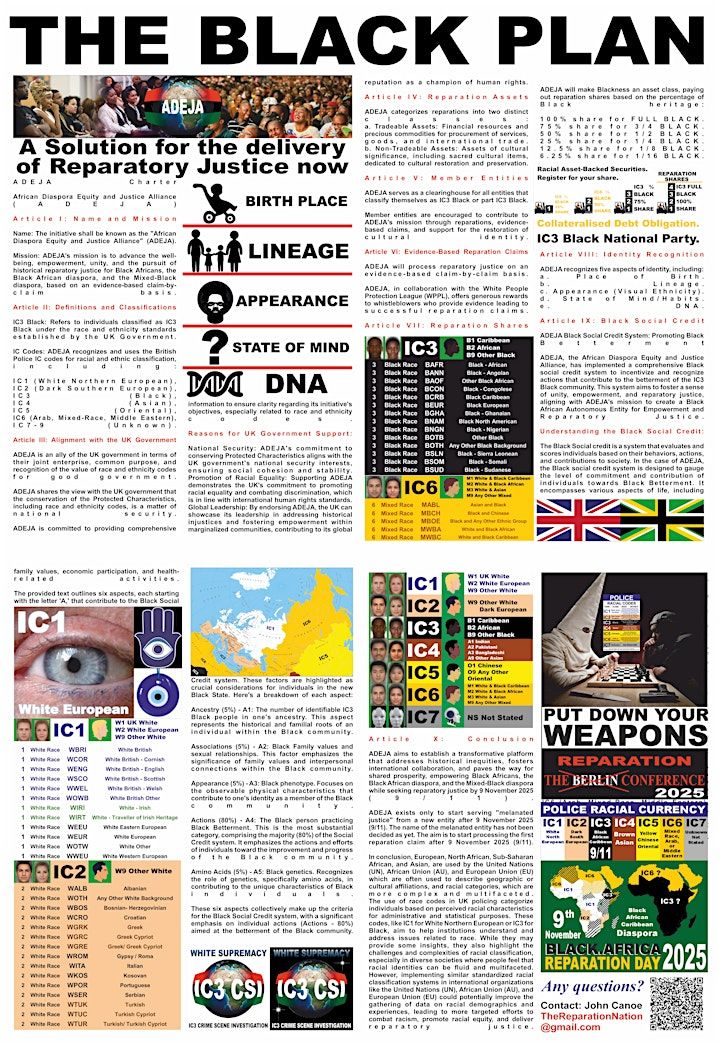
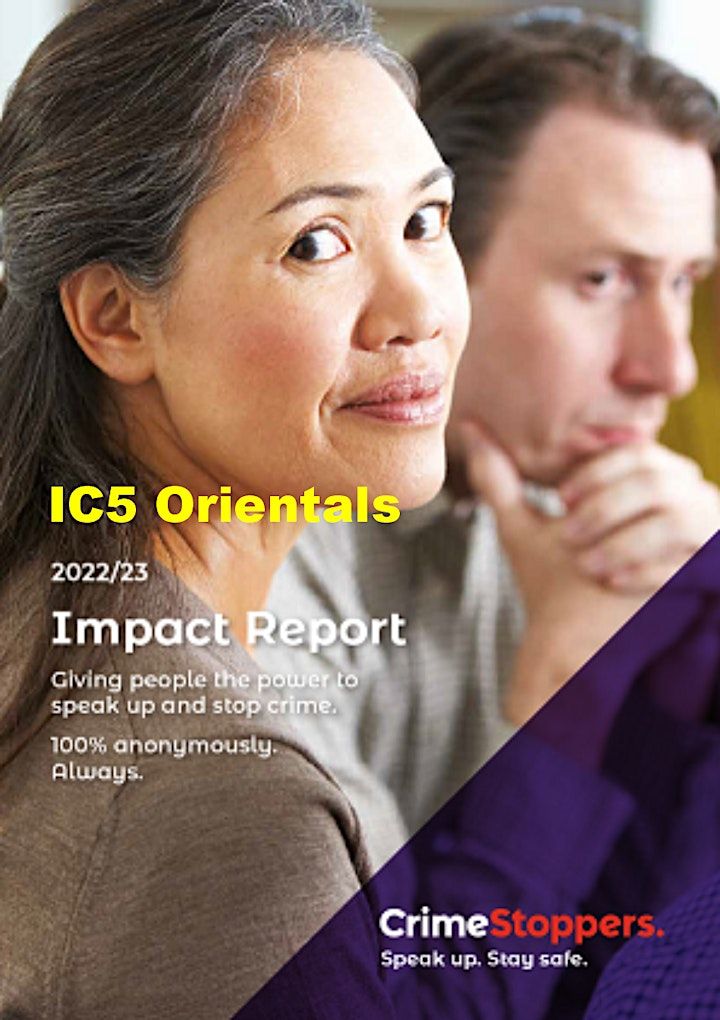

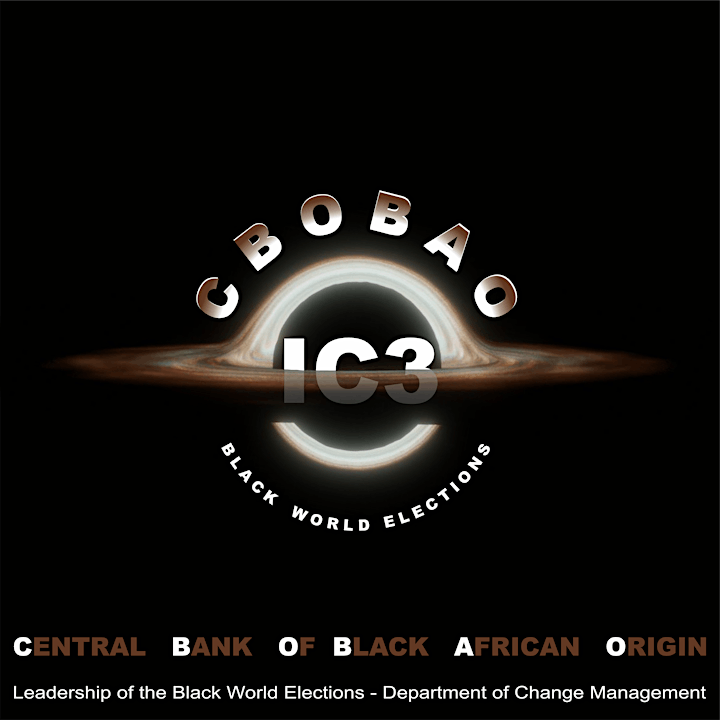
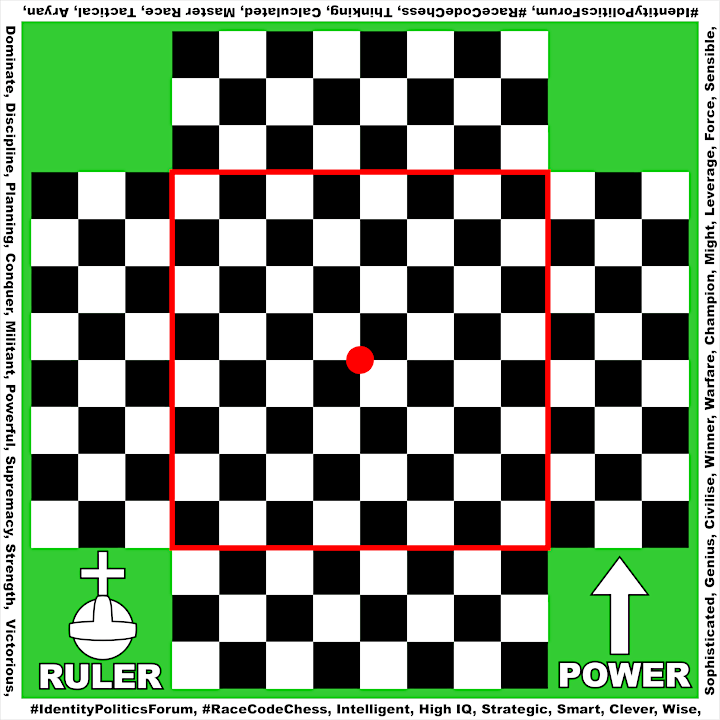
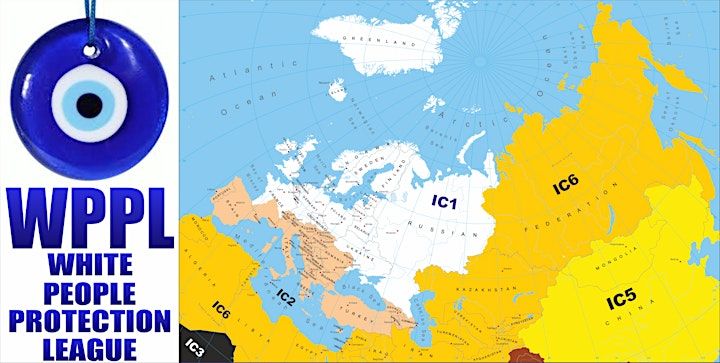
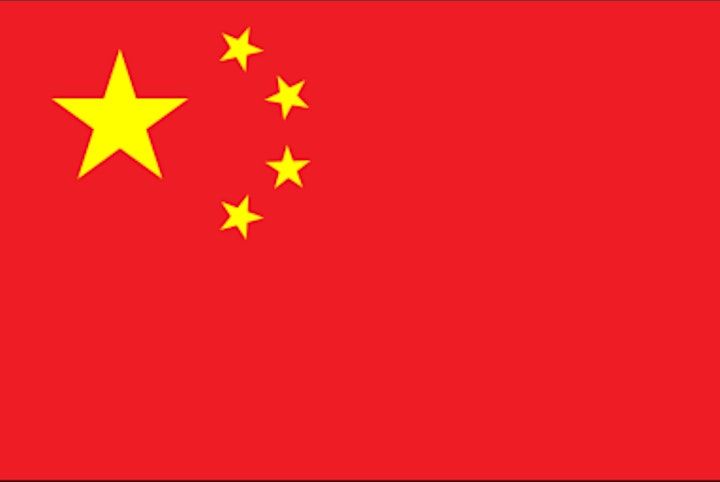
Event Venue
Dugdale Arts Centre, 39 London Road, Enfield, EN2 6DS, United Kingdom
GBP 0.00
